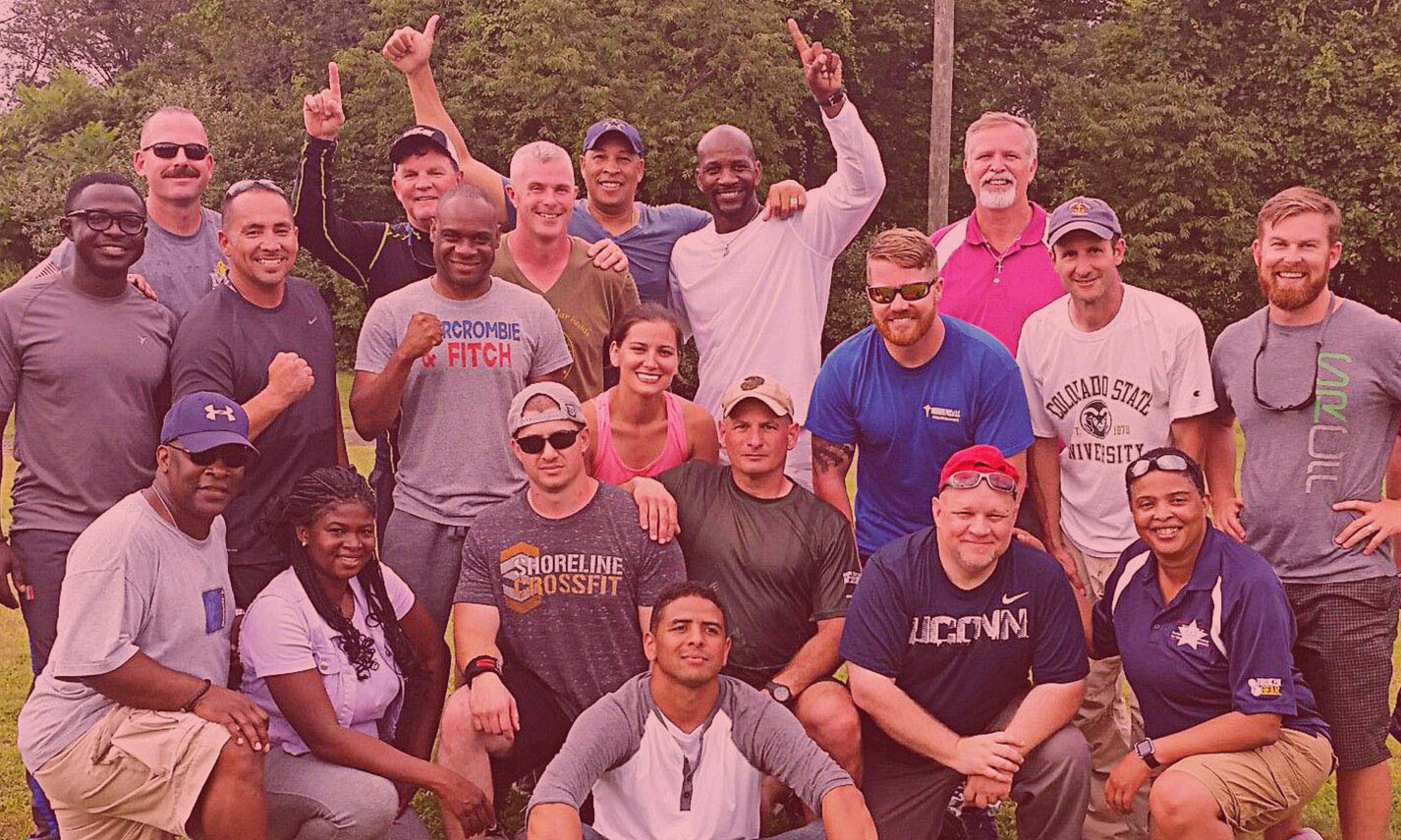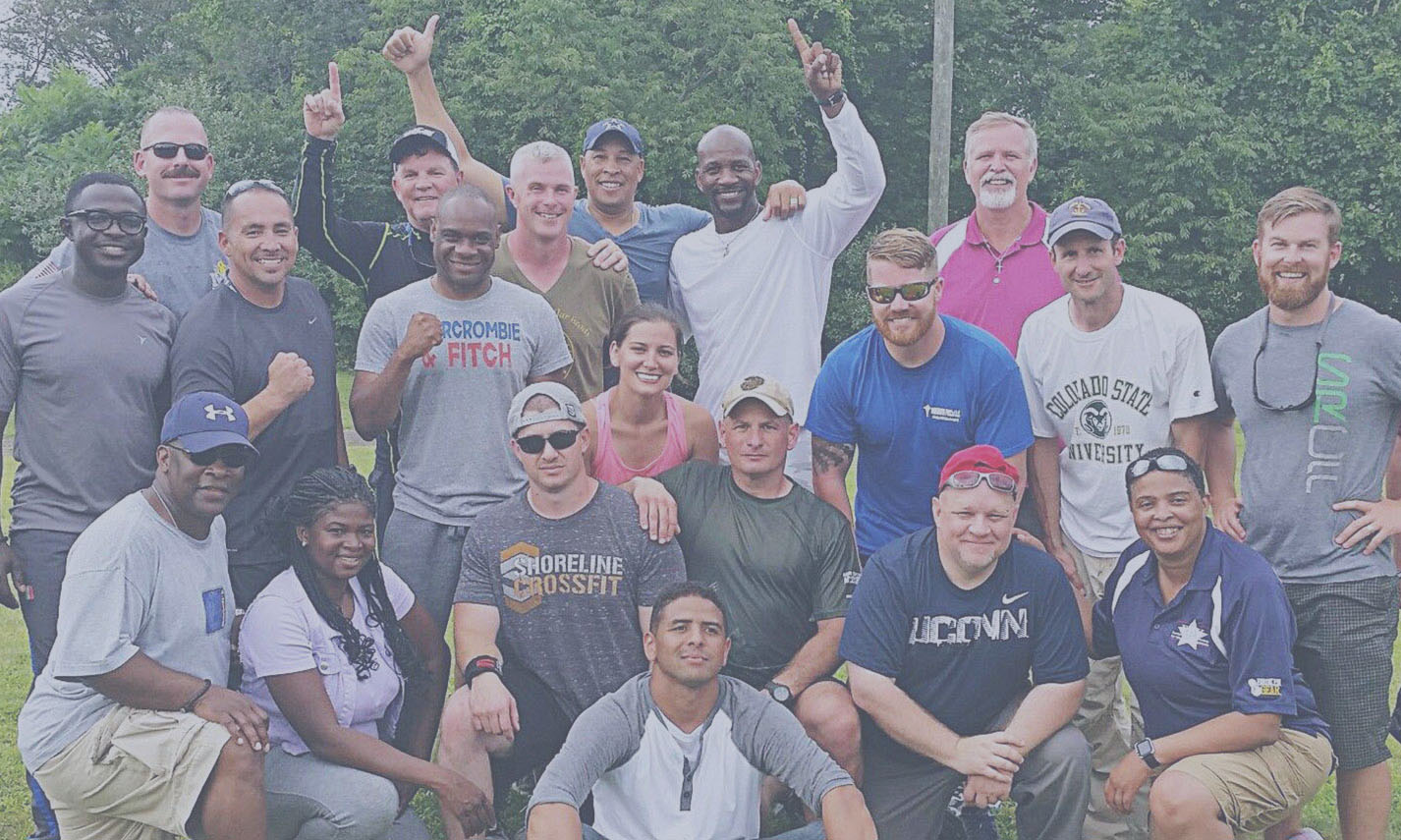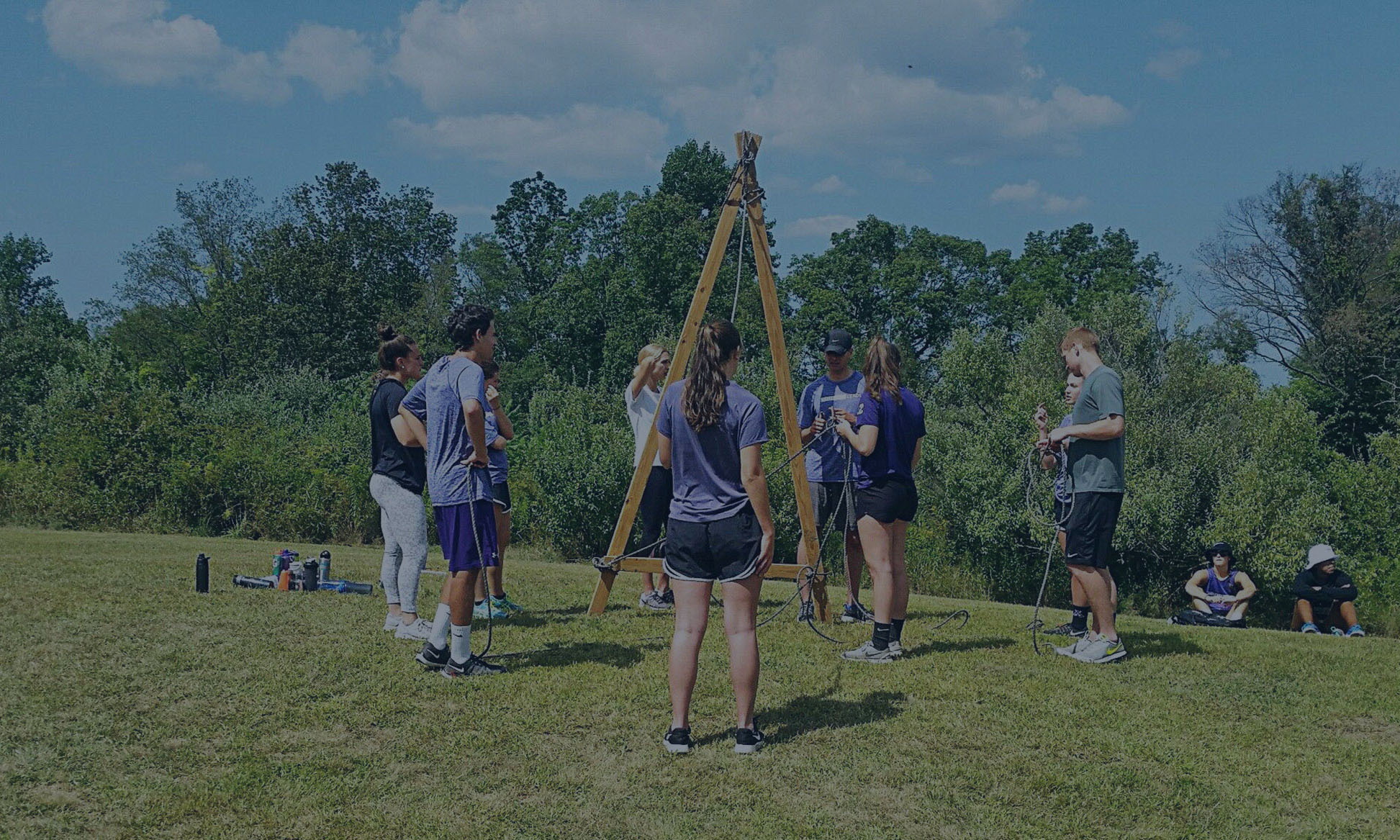Defining Leadership: Organization
Leadership can be defined in so many different ways, but I like to define leadership as “A powerful person who has the ability to guide or influence others in a group”. Every person has the ability to be a leader, but not every leader knows how to be a leader. I have seen so many different leadership styles in my experience as a team captain, coach, supervisor, manager, facilitator, husband, and father, but the one characteristic that has separated the successful leaders from the rest has been organization.
Organization in my eyes is “Planning, arranging, structuring, and communicating so that everyone can be successful”. While this might sound like a simple or easy concept, applying this concept can be very difficult and time-consuming, and some leaders are not willing to devote the necessary time or energy into ensuring their team is set up for success. Those leaders are then forced to focus on ensuring the day-to-day tasks are accomplished, rather than be able to devote their time and energy on future planning. On the flip side, the leaders who have dedicated their time towards ensuring that their team is properly prepared for the present can now focus on driving their team towards success the following week, month, and year.
So what can we do to improve our organization?
- Check-lists- This might sound cliche, but creating a checklist for the day or week (depending on your workflow) is absolutely essential to assessing and prioritizing the tasks that need to be accomplished. Additionally, it provides you with an opportunity to assign tasks to those who would be best suited to complete the tasks (and make sure that one person is not carrying the full load). I prefer to email the checklist with tasks and responsibilities to each of the individuals responsible so that questions and comments can be more easily tracked.
- Tracking Sheets- Incredibly useful when used in conjunction with checklists! These are best suited for tasks that are more on-going and require several steps. I utilize Google Sheets, as their sheets live update, which allows me to share with my team, and have up-to-date notes regarding their progress.
- Reminders/Alerts- Critical for planning!! Every appointment, meeting, phone call, task due date, etc. gets put directly into my digital calendar (which is linked to my phone and email) so that I can access it directly at any time. This helps to ensure that I stay on-track and consistent with all of my responsibilities, and allows me to more accurately gauge my time constraints each day/week/month. I also vary the reminders based on the type of task. For example, I might have a 10-minute reminder for a phone call with a client but have a 24hr reminder for a project deadline.
- Deadlines- Having check-lists, tracking sheets, and reminders are only effective if you have a way to hold yourself (and your team) accountable for completing! In many instances, leaders will assign deadlines such as “complete by the end of the week”, but what tends to happen is that tasks will be put off until the last minute because most people are procrastinators by nature. Try instead to apply specific, and realistic, time constraints for each task. for example: “Please complete by 3pm on Thursday. It should take no longer than 2 hours to complete”. Now, that individual knows that they would need to begin by 1pm on Thursday at the latest to complete the task. Additionally, you can then set a reminder in your calendar to alert you that the task should be started by 1pm on Thursday, and as a leader, you should be following-up with each task as the deadline approaches. This will also help to eliminate the “oh, I forgot” or “oh, I ran out of time” excuses from those who tend to procrastinate.
- Follow-Ups- You can only expect what you inspect!! When assigning a task, I have found it to be incredibly helpful to ask “Do you understand the goal, and do you have everything you need to accomplish it?” This allows us the opportunity to provide additional clarity, answer any questions, and resolve any issues prior to the task being started. Prior to the deadline, I then ask the same questions and ask for a status update. This reinforces the idea that I want them to succeed and serves as a reminder that their deadline is coming up.
- End of day/week recaps- Reflect back on the progress you and your team are making! Everything mentioned above is incredibly task-oriented and focused, and it is easy to get so focused on the tasks, that you lose sight of the overall picture. Recaps are a great way to share progress with your team members, so everyone can see how all of the pieces are fitting together. I prefer to send a weekly recap at the end of the week, as most deadlines in my business are to be completed by the end of the week. The recaps typically serve as congratulations to everyone on all of the progress we have made, and let’s continue to push to have even better results the following week! Celebration rather than condemnation should be the goal of these recaps.
While I cannot guarantee that all of these concepts will be applicable to you, our hope at Empower Leadership is that you are able to utilize some of these ideas to help build yourself into a stronger and more efficient leader in your school, business, organization, and community, and we are here to help you in any way that we can!





































